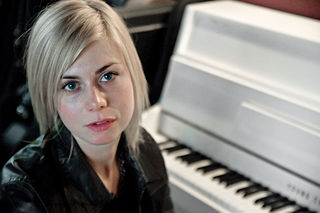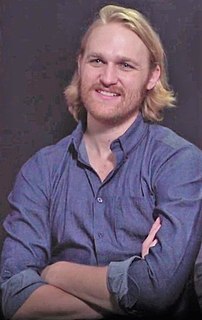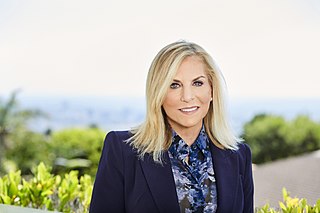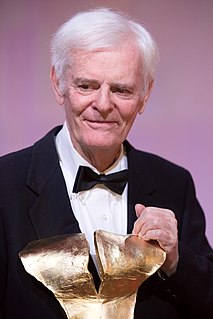A Quote by Joseph Kosinski
I heard, one of my producers told me this story where like the Hollywood studios brought all these high-end consultants in to try to figure out how to improve their process and make films more efficiently, and these consultants like studied the process for years and finally came up with this report they put together about how studios can improve the efficiency of their process, and the conclusion was "have the script ready by the time you're shooting.
Related Quotes
I mean, they clearly have a process of how they go about making their movies, and John Lasseter has been instrumental in implementing that process for all three studios with the Brain Trust and the way we work and the way we break stories and how it's all creative led. There are no executives in the room. So I think all of that is embraced unilaterally. But that's the first time I've heard of that.
I work in bits and pieces. When I'm touring it's difficult. After touring, when I have space and time, it's a process, something I've been doing since I was 10 or 11 years old. I collect lyrics, melodies, bits and pieces, and finally it all comes together. It's hard to say - I've been trying to figure out how the process works.
Everything in The Room, we did it the same way the big studios do it. The only difference is the budget and the actors. We put an ad in Back Stage West and in return we got almost 8,000 headshots from people who wanted to be in the film. We then do a process of selection and a rehearsal process after they are selected. The process of audition is very time consuming.
People believe that management consultants are mostly useless parasites. Up until about 1980 it was consultants more than anyone else who came up with the critical concepts behind strategy. The history of strategy suggests there are lots of things consultants can do for a company that the company can't typically do for itself.
A lot of the gear came out of some of the old studios here in New York City. We picked up a lot of old microphones, reverb tanks, tape machines, so yeah, we try to record the old way, which takes more time and energy, but it certainly feels better when you're getting to the end of the process of making a record.
What's interesting in scripted TV is different than what's interesting in reality TV. Each of their departments have their development process where they package things and put together the writers and put together the producers and the different elements and develop the projects. By the time you get to a network or to a studio, you're able to say this is the project, here's who the producer is, sometimes even here's who the star is, here's who the writer is. It's a well-developed project by the time it gets to the studios.
That's what all these studios do: They recruit people who've seen certain films. It's this weird, fake science-y thing the studios call a "tool." That's a very scary process, because it can be used in odd ways. But then there's focus groups and stuff like that. I was so nauseous and terrified, and then you get the cards: very good, good, recommend.
There is no such thing as maturity. There is instead an ever-evolving process of maturing. Because when there is a maturity, there is a conclusion and a cessation. That’s the end. That’s when the coffin is closed. You might be deteriorating physically in the long process of aging, but your personal process of daily discovery is ongoing. You continue to learn more and more about yourself every day.
I was very combative as a creative person at that time [while The Ben Stiller Show]. I didn't understand how to play politics with the studios. I didn't know how to creatively collaborate with the people who were paying the bills, and that came up all the time on every project I was doing, and it took me a really long time to figure out how to collaborate in a healthy way.





































